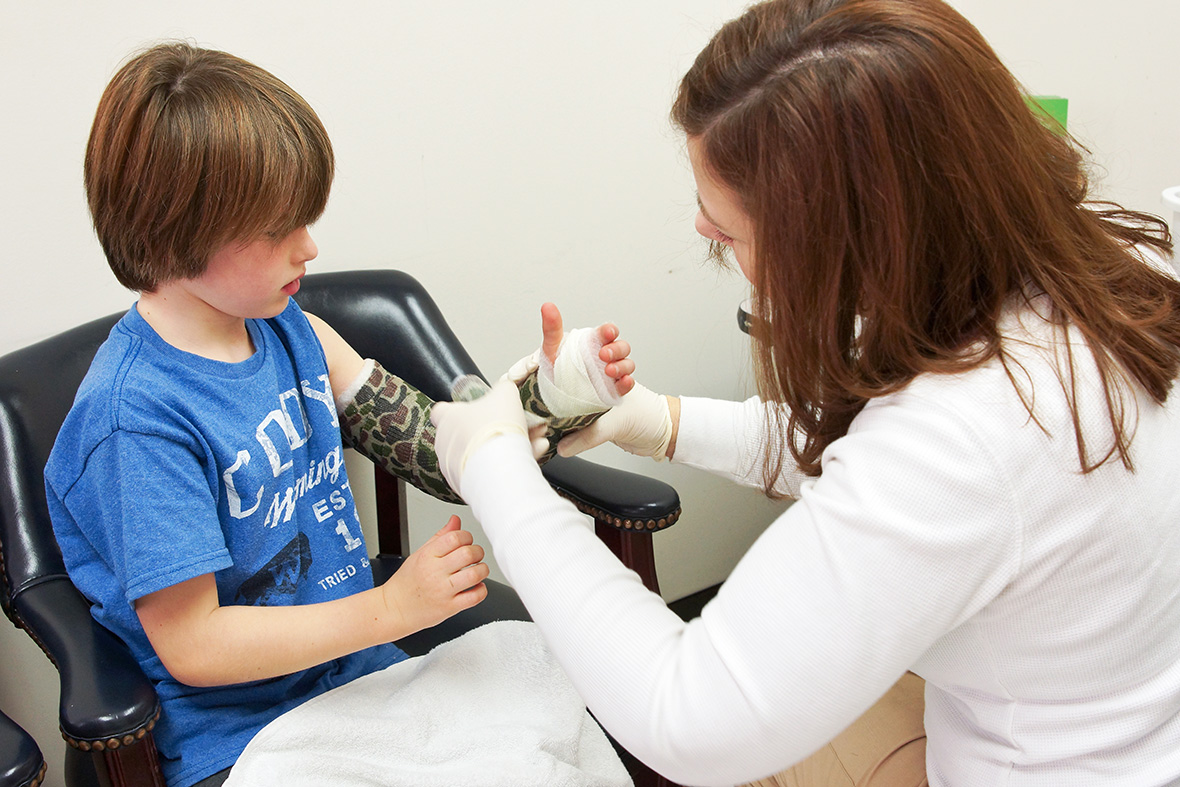With cooler weather settling in, many of us are eager to get back to winter sports. Whether it’s skiing, snowboarding, ice skating, or sledding, these activities can be thrilling—but they also come with injury risks. In 2015 alone, the U.S. Consumer Product Safety Commission reported:
-
88,000 injuries from snow skiing
-
61,000 injuries from snowboarding
-
50,000 injuries from ice skating
-
47,000 injuries from sledding, tobogganing, and snow tubing
To enjoy the outdoors safely this winter, keep these tips in mind.
Warm Up Before You Start
Like any physical activity, winter sports require a proper warm-up. Stretching and easing into activity help prepare your muscles and reduce the risk of strains or sprains.
Don’t Go Alone
Avoid heading into the woods or mountains by yourself. Injuries in cold environments increase the risk of hypothermia. If you must go alone, let someone know your route and expected return time.
Carry a Cell Phone
A phone can be a lifesaver if you get hurt or stranded. Store it in a waterproof case to keep it safe from snow and moisture.
Check the Weather
Before heading out, review the forecast. Severe weather can create dangerous conditions and make it harder for rescuers to reach you.
Stay Aware of Your Surroundings
Many ski and snowboard accidents happen when people collide with others or stationary objects. Keep your head up and remain aware of other participants on the slopes.
Know Your Limits
Pushing beyond your skill level—especially with advanced tricks—can quickly lead to injury. Work up gradually to more challenging moves.
Take Lessons
If you’re new to a sport, lessons can teach you how to start, stop, turn, and maintain good form—helping you prevent accidents and injuries.
Learn How to Fall
Falls are inevitable in winter sports. Learning safe falling techniques can help protect your wrists, shoulders, and knees from serious injury.
Use the Right Gear
Quality, sport-specific equipment keeps you safer and more comfortable. Research the gear you need and get advice from experienced athletes.
Take Breaks
Cold weather can mask fatigue. Schedule regular breaks to rest, rehydrate, and avoid overexertion.
Stop if You Feel Pain
Playing through pain can turn a mild strain into a major injury. If something hurts, call it a day.
Supervise Children
Kids may get caught up in the excitement and forget safety rules. Always have a responsible adult supervising winter sports activities.
Watch Alcohol Intake
Alcohol can impair judgment, slow reaction times, and increase dehydration—raising your risk of injury on the slopes.
Stay in Shape Year-Round
A strong, conditioned body is less prone to injury. Maintain fitness in the off-season to better handle the demands of winter sports.
Remember R.I.C.E.
For minor injuries, follow the Rest, Ice, Compression, Elevation method. If pain or mobility issues persist, seek professional care.
Experiencing pain from a sports injury? Call us at (434) 244-8412 to schedule a consultation.
Sources Cited:
https://orthoinfo.aaos.org/en/staying-healthy/winter-sports-injury-prevention
https://www.cdc.gov/ncbddd/injury/sports-injuries.html
https://www.chop.edu/health-resources/sports-injuries-winter-sports
Dr. David Nielsen, D.O. is a board-certified orthopedic surgeon with over 20 years of experience in hand, upper extremity, and shoulder surgery. He trained at Kirksville College of Osteopathic Medicine and the University of South Florida. He brings over two decades of surgical experience and a deep commitment to patient-centered care as the founder of Charlottesville Orthopaedic Center.
Patient Resources
Explore our Patient Resource center for helpful information about our expert team, comprehensive services, informative blog, and how to easily connect with us.
Complimentary Movement Screening
Charlottesville Orthopaedic Center offers complimentary movement screenings to assess your movement, identify imbalances, and help prevent injuries. Whether you’re active, recovering, or want to move better, our expert phsycial therapists provide personalized recommendations for your long-term mobility and wellness.
Learn More








